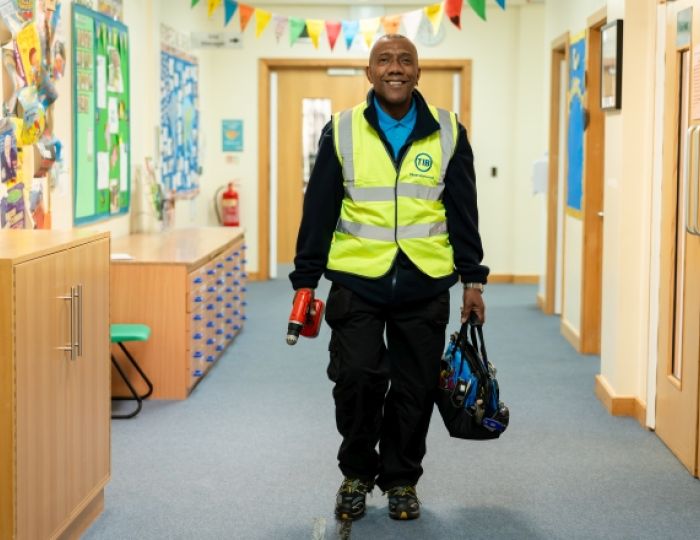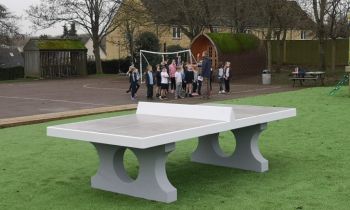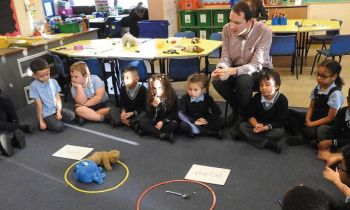Earlier this month, the Children’s Commissioner published a report titled Life in ‘Likes’ which examines the effects of social media on the wellbeing of 8- to 12-year-olds. Headlines quickly followed, highlighting her calls for schools to play a bigger role in preparing children for social media’s emotional demands during the primary to secondary transition.
Whilst most social media sites have an official age limit of 13 years, the report states that younger children are, in fact, using platforms that social media companies say aren’t designed for them, and concludes that they might not be ready for them.
8 to 10-year-olds tend to use social media in a playful, creative way, often to play games. This changes significantly once they’re in secondary school. Whereas younger children have less of a routine around when they access social media, older children start getting into the habit of using their social media apps multiple times per day.
In short, as children get older, social media begins to dominate their lives more and more. Children feel social pressure to be constantly connected, as being ‘offline’ or uncontactable is considered socially damaging.
A repeated theme of the report suggests that while children have internalised messages around ‘online safety’, they aren’t always aware of the subtler impacts that social media use can have on their wellbeing. The Commissioner calls on schools and teachers to incorporate awareness of the impact of social media on wellbeing into education about life online.
Other recommendations in the report include:
- The introduction of a whole-school education programme to develop digital literacy skills, and the teaching of digital resilience to be placed at the heart of lessons
- Engagement with parents, helping them recognise the impact their own relationship with social media has on their children and highlighting how children’s relationships with social media changes as they move from primary to secondary
- The use of peer-led ‘e-teams’ to provide children with an accessible and relevant way of learning about life online, following research that shows children learn a considerable amount from their peers and older siblings
- Teaching children about the techniques and algorithms social media platforms employ to influence what their users see online, and to help them understand that these are often designed to prevent those users from disengaging
For more ideas on the teaching of digital literacy and resources to implement a whole school online safety programme, have a look at the resources available with Switched on Online Safety, published by Rising Stars
Katy Potts is Computing, Digital and Online Lead at Islington Council and the author of Switched on Online Safety










